|
The bathroom is a sacred space, a royal throne fit for a king. Allegedly Louis XIV would hold meetings while perched atop his commode. And while this is disgusting, no matter how much time passes or how much humans evolve, it is unfathomable to think one may never defecate or urinate again. What goes in, must come out.
Louis XIV's palace Versailles was extremely filthy, where courtiers and party guests would go to the bathroom in the hallways and courtyards because there weren't enough facilities. Here in this fecal free-for-all, diseases and plaques were rampant with the lack of hygiene. This issue still plagues humanity whether you're sightseeing in New York or attending the Burning Man festival in the Nevada, bathroom accessibility is essential. There is a shit storm of marketed to people to ease their weewee whoas. The toilet seat alone is in a state of perpetual advancement. I remember visiting my great aunt's house and she had a padded toilet seat. And although I thought this was slightly disgusting and unnecessary, who am I to judge? There are decorative seat covers including rugs and carpeting, removable sanitary liners, heaters, bidets, massagers, water jets, and glow in the dark stickers for nighttime wizzes. The Japanese love a decadent dumper, where you feel like you've finally found a car wash oasis for your ass. But should you get bored, there are a multiple solutions such as toilet paper dispensers that hold and charge your smart devices and let's not forget the miniture golf course. There is a plethora of reading material, such as What Your Poo is Telling You? and Poo Log. But if you're trying to get in touch with your more primative self, there is Squatty Potty a stool for your stool. For $25 you can transform your toilet into essentially a hole in the ground. Humans are actually supposed to poop while squatting, as it better on the bowels. But if you'd rather not know such much and want to class up the experience, colored toilet paper is the answer. Apparently the Kardashians subscribe to this methodology. Renova is Portugese company fulfilling this demand, with black toilet paper being their biggest seller. Red on the other hand is their worst seller, which is not understandable why. But whatever gets you through the day, or the shit, the bathroom remains equally as essential.
0 Comments
Leave a Reply. |
LAJ
100 Objects of Popular and Material Culture is an blog exploring the manifestations of human consumption and commodity-ization. The purpose of this experiment is to explore material and popular culture in contemporary society by using objects and concepts to prompt wider questions and reflections. So by emulating The British Museum's and Neil MacGregor's format of A History of the World in 100 Objects I plan to satirically analyze and reinterpreted 100 material culture objects over the course of 2014. Material Culture is the study of our culture's consumption of stuff; namely the manifestation of culture through material productions where people's perceptions of objects is socially and culturally dependent. With this, objects reflect conscious and unconscious beliefs on the the individuals who fabricated, purchased, or used them, and by extension the society where they live. So examining materiality, cultural truths and societal assumptions may be discovered. As anthropologist Arjun Appaduai states "in any society the individual is often caught between the cultural structure of commodity-ization and his own personal attempts to bring a value and order to the universe of things." Objects and commodities make up a much larger symbolic system consisting of want and need, socio-economic status, fashion, etc. Often times form follows function whether the commodity, market, and or consumer forever evolve around one-another. Philosopher Pierre Bourdieu's theories of capital flow full circle; where regardless if you are a minimalist or a hoarder the world is made up of things and everyone will leave their footprint on the earth. So by humorously analyzing marketed objects and concepts, hopefully this blog will provide further incite into ideas of over-consumption, a disposable society, consumerism vs. anti-consumers, planned obsolescence vs. sustainability, as well as the greater good of mankind and future generations. Archives
March 2015
Categories |
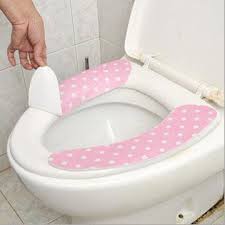
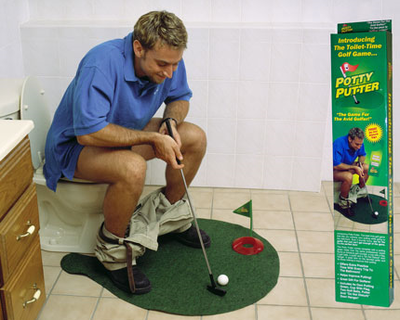
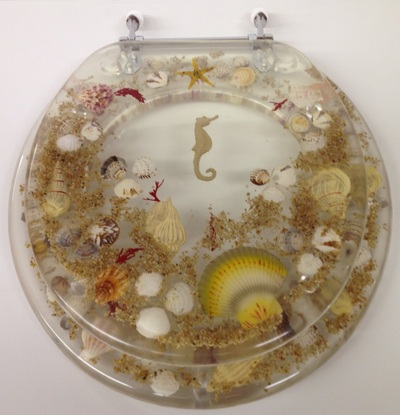
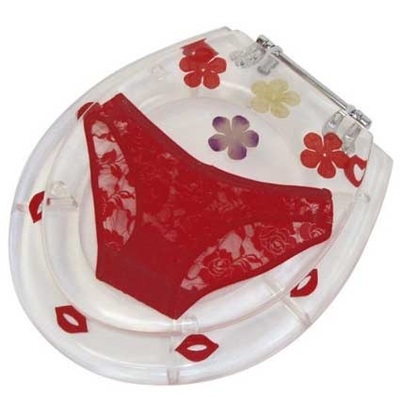
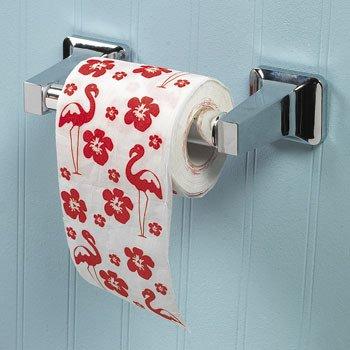
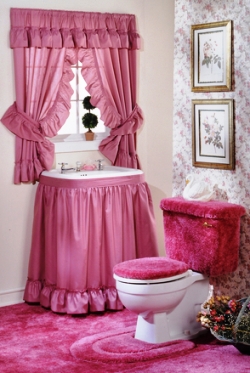
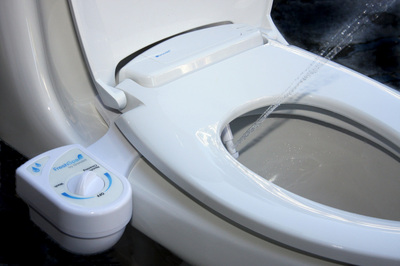
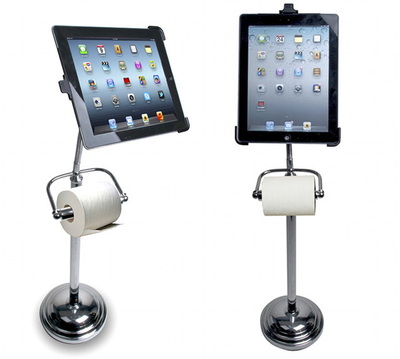
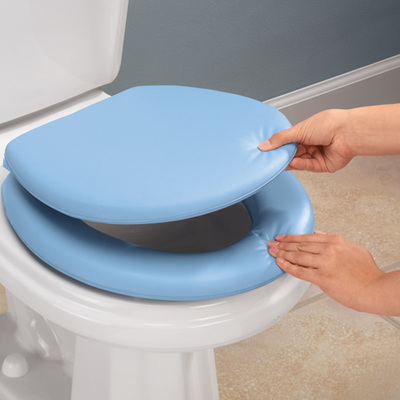

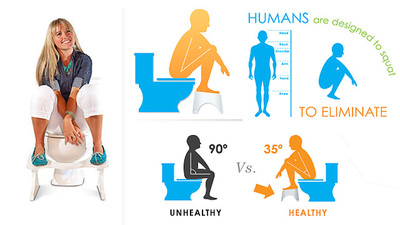
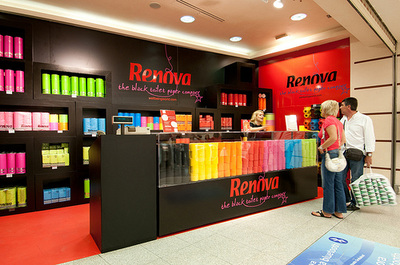

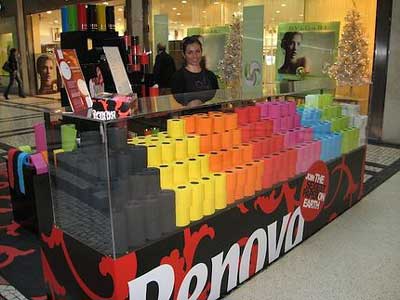
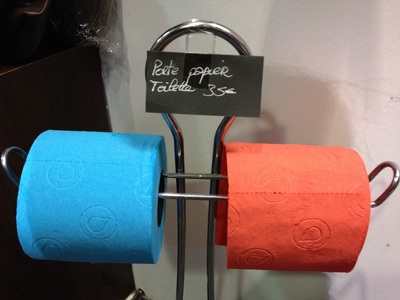
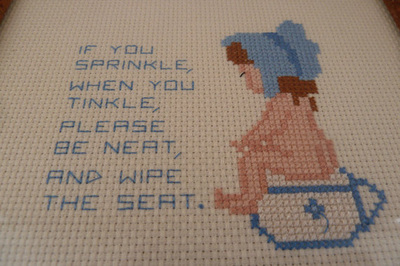
 RSS Feed
RSS Feed